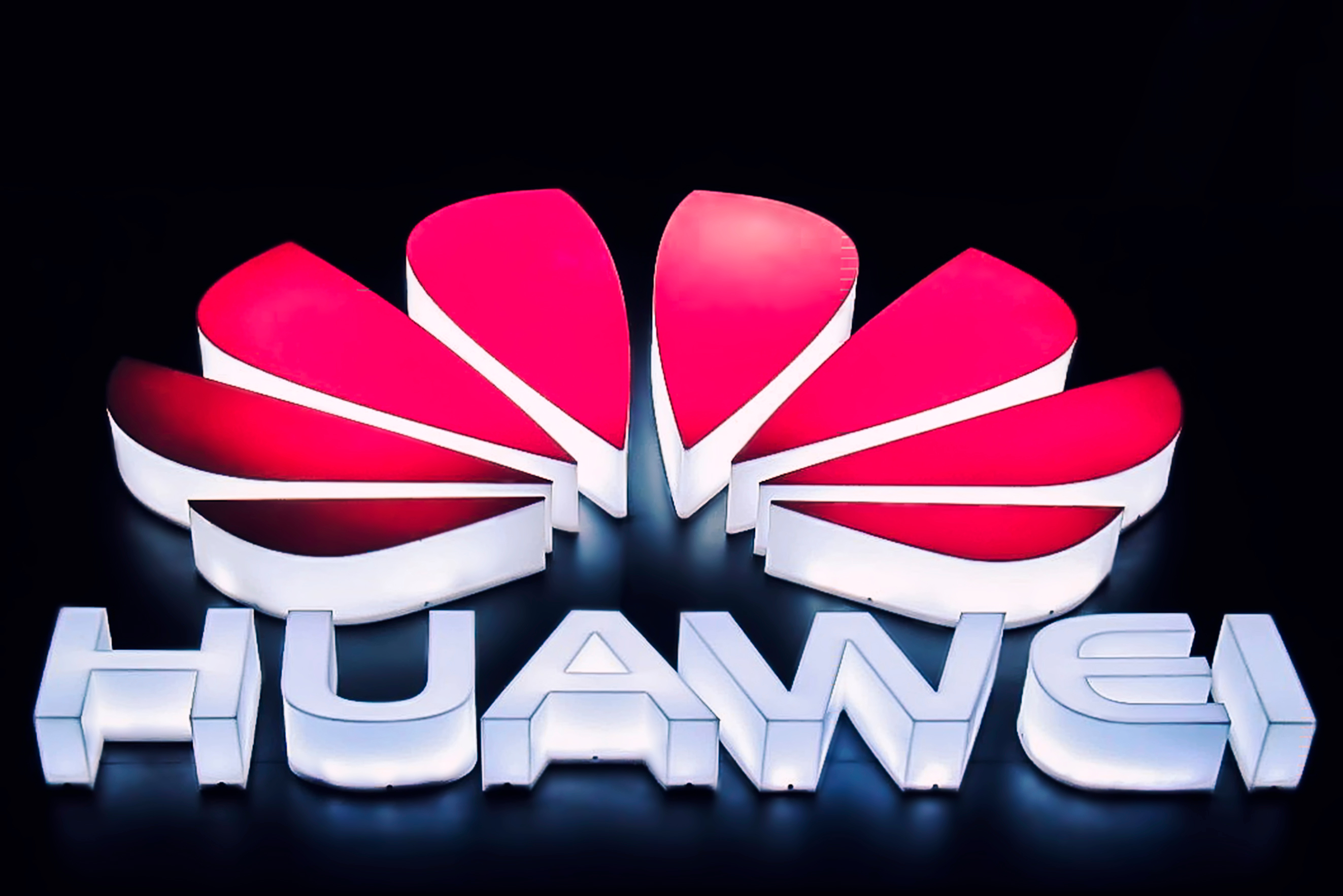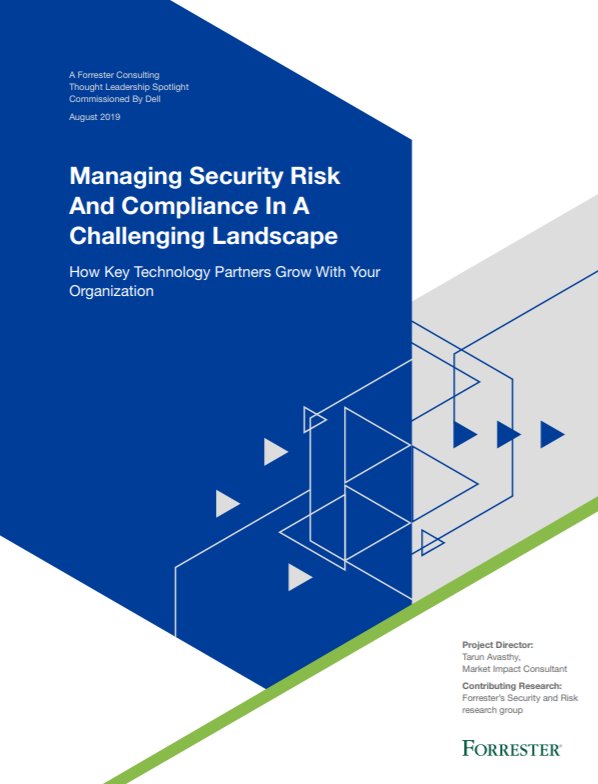Boris Johnson wants US to suggest an alternative to ‘mad’ Huawei 5G tech
However, the PM doesn't want any decision to impact US-UK relations


Sign up today and you will receive a free copy of our Future Focus 2025 report - the leading guidance on AI, cybersecurity and other IT challenges as per 700+ senior executives
You are now subscribed
Your newsletter sign-up was successful
US delegates have dubbed it "madness" to use Huawei for 5G networks in Britain, but they need to offer an alternative, Prime Minister Boris Johnson has declared.
American delegates are in the UK to discourage the government from using Huawei technology in 5G networks. The US said using Chinese products would be detrimental to security as it would leave networks at risk of espionage, though it also comes amidst a growing trade war between the two countries.
The delegation is being led by US President Trump's deputy national security advisor Matt Pottinger. Reports have suggested that US officials told British counterparts that it would be "nothing short of madness" to use the Chinese firm to roll out such critical infrastructure.
Without specifically naming the US, Johnson suggested Huawei critics should offer alternatives for 5G network technology; something the US government has been pushing home-grown tech companies to achieve, but without much luck.
“The British public deserve to have access to the best possible technology,” Johnson said, according to a Reuters report. “If people oppose one brand or another then they have to tell us what is the alternative, right?"
However, he added that the UK government was keen to secure its network and its partnership with the US. “On the other hand, let’s be clear, I don’t want as the UK prime minister to put in any infrastructure that is going to prejudice our national security or our ability to cooperate with five-eyes intelligence partners.”
13/01/20 - US delegates head to UK to lobby against Huawei rollout
Sign up today and you will receive a free copy of our Future Focus 2025 report - the leading guidance on AI, cybersecurity and other IT challenges as per 700+ senior executives
The US government will attempt a last-ditch lobbying effort against the UK adopting Huawei, according to reports.
Representatives from the National Economic Council and National Security Agency will meet with British officials on Monday, ahead of the UK's final decision on the Chinese telecoms giant.
Despite the growing pressure, the UK has yet to side with the US on banning the technology giant. Whatever decision the UK makes will not impact its intelligence-sharing relationship with the US, according to Sir Andrew Parker.
The head of MI5, who is set to step down in April, said he has "no reason to think" that the UK's special relationship with the US would be under threat if Britain went ahead and adopted Huawei technology in its 5G networks, according to the Financial Times.
Parker added that intelligence sharing between the US and the UK was "very close and trusted".
"It is, of course, of great importance to us. And, I dare say, to the US too, though that's for them to say. It is a two-way street."
RELATED RESOURCE

Managing security risk and compliance in a challenging landscape
How key technology partners grow with your organisation
The UK has presented a divided front over the issue, with the National Cyber Security Centre initially stating that any risks associated with the use of Huawei equipment could be mitigated. However, two months later the agency said that a "significantly increased risk" to network operators was likely if Huawei was to be used extensive across the UK.
The UK government is in a difficult position ahead of its Huawei's decision, which is "due soon". All four of the county's major 5G mobile networks, Vodafone, BT, EE and Three, use the Chinese company's equipment, all be it at a "non-core level", such as antennas and base stations used on masts and rooftops. Huawei's equipment is not used at network operations level where sensitive information and customer details are held.
Huawei has always denied US allegations that it has close ties with the Chinese government and allegations that 'back doors' could exist in its equipment. However, American officials have allegedly shared intelligence documents with allies that cast doubt over these claims, although the contents of these files remain hidden.
Earlier this month, it was revealed that US officials shared a security report with the Dutch government, during a state visit from Prime Minister Mark Rutte. Whatever information was in the document is believed to have influenced a decision to cancel a trading license between chipmaker ASML and an unknown Chinese firm.
For Parker, the issue isn't just a lack of trust in Huawei and China, but also a problem with competition.
"Perhaps the thing that needs more focus and more discussion is how do we get to a future where there's a wider range of competition and a wider range of sovereign choices than defaulting to a yes or no about Chinese technology," he said.
Freelance journalist Nicole Kobie first started writing for ITPro in 2007, with bylines in New Scientist, Wired, PC Pro and many more.
Nicole the author of a book about the history of technology, The Long History of the Future.
-
 ITPro Best of Show NAB 2026 awards now open for entries
ITPro Best of Show NAB 2026 awards now open for entriesThe awards are a fantastic opportunity for companies to stand out at one of the industry's most attended shows
-
 Mistral CEO Arthur Mensch thinks 50% of SaaS solutions could be supplanted by AI
Mistral CEO Arthur Mensch thinks 50% of SaaS solutions could be supplanted by AINews Mensch’s comments come amidst rising concerns about the impact of AI on traditional software
